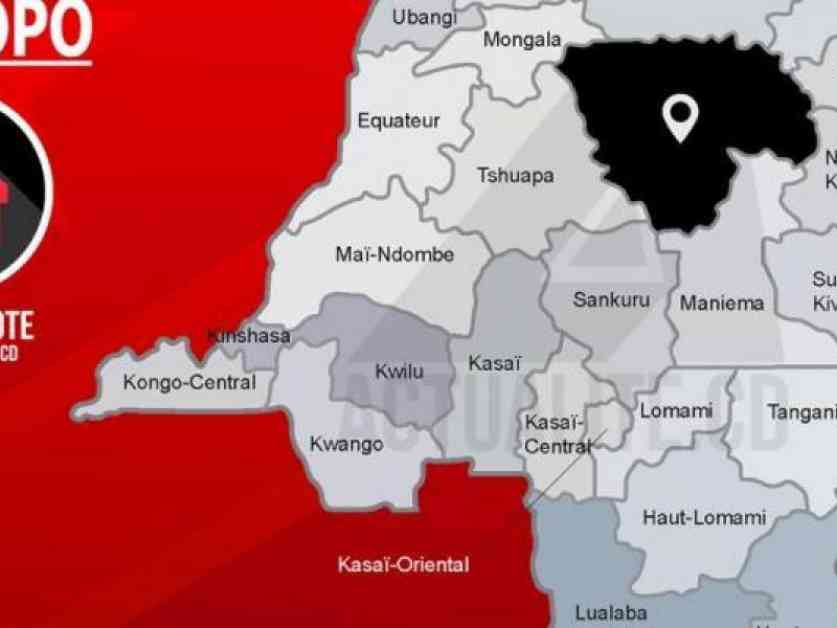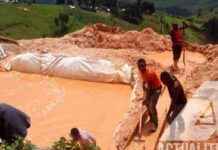Unlocking the Potential of Palm Oil in Tshopo: Overcoming Structural Challenges
In the heart of the Democratic Republic of Congo lies the province of Tshopo, once known as the agricultural hub of the country. Here, the palm oil industry is striving to reclaim its former glory, facing structural challenges along the way.
The Current State of Palm Oil Production in Tshopo
Tshopo currently produces 38,000 tons of palm oil annually, accounting for nearly 20% of the national production. However, this output falls short of its true potential. According to Quadratus Mangaza, head of the company Bora, the industry is underutilized due to aging plantations and a lack of organizational structure. Out of the 38,000 hectares previously cultivated, only 13,000 hectares remain active. Inadequate infrastructure and insufficient investments are major roadblocks hindering the region’s progress.
Challenges and Solutions
One of the key obstacles faced by small-scale producers is access to financing. Mangaza advocates for the establishment of a guarantee fund to help secure loans for plantation renewal and equipment modernization. Quality seeds, crucial for boosting productivity, also pose a significant challenge due to their high cost. Additionally, poor road infrastructure complicates the transportation of products to markets, impacting prices and competitiveness.
The Path to Sustainable Development
Despite these challenges, the demand for palm oil remains high both locally and internationally. Tshopo already exports to neighboring provinces like North Kivu, as well as countries like Uganda and Rwanda. However, the lack of large-scale local processing limits the region’s value-added potential. Mangaza emphasizes the importance of improving processes and investing in transformation to capture higher value.
To truly develop the palm oil sector sustainably, Mangaza stresses the need to organize industry players for optimized production and marketing. Investing in research and training for quality seeds and producer education is essential to increase yields. He also calls for the creation of a guarantee fund to ease credit access for small producers and urgent infrastructure improvements to rehabilitate roads connecting production areas to major markets like Kinshasa and Goma.
With increased support from authorities and international partners, palm oil could become a major economic driver for Tshopo and the DRC. This industry has the potential to transform the local economy and meet growing demands both nationally and internationally, marking a significant step towards economic prosperity for the region.

















